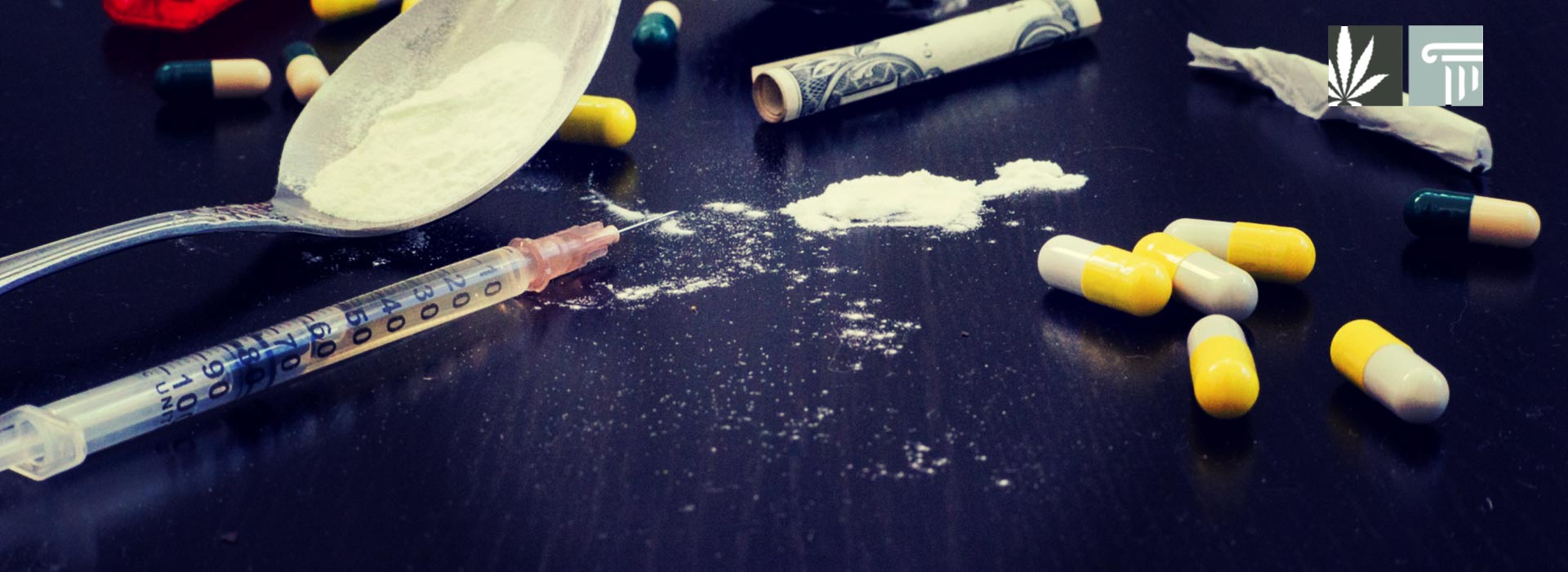Little more than one year on from Oregon voters’ decision to decriminalize possession of all prohibited drugs, the enabling law has raised more than $300 million to fund community treatments and harm reduction programs.
Measure 110 put an end to arrests and jail time for low-level possession of any drug. Instead, offenders now receive a civil fine which is waived if the individual attends a meeting to assess whether or not they have a substance use disorder.
The measure’s success has been welcomed by organizations that campaign for an end to punitive criminal sanctions against individuals who may have addiction issues.
“A year ago, Oregonians voted yes on Measure 110 to remove criminal penalties for possession of drugs and expand access to health services,” said Kassandra Frederique, executive director of the Drug Policy Alliance (DPA). “Now, because of this measure, there are thousands of people in Oregon that will never have to experience the devastating life-long barriers of having a drug arrest on their record, which disproportionately and unjustly affected Black and Indigenous people due to targeted policing. Because of this measure, there is more than $300 million in funding that did not exist before being funneled into community organizations to provide adequate and culturally competent care that people desperately need.”
Aside from raising revenues for drug treatments, it was estimated Measure 110 would mean 9,000 fewer arrests for drug possession each year and a 95 percent drop in racial disparities in drug arrests. Data on these figures have not yet been released, however.
“This information is not fully available yet,” said Theshia Naidoo, DPA’s managing director for legal affairs. “But from the data we can see, there have been no drug possession arrests in the state since the decriminalization component took effect on February 1 of this year.”
Under Measure 110, each prohibited drug has an upper limit that’s considered to fall within the ‘personal use’ category.
For instance, possessing up to one gram of heroin is non-criminal, but 1 to 3 grams is a misdemeanor and possessing more than three grams is a felony offense.
Drug reform advocates claim one gram is too small an amount for it to be considered a misdemeanor, but await complete arrest data to see if people are still being arrested for possessing little more than a gram. If that’s the case, it’s likely that calls will grow to increase drug possession limit thresholds.
The success of Measure 110 is especially notable given that Oregon is one of the worst-performing states when it comes to access to drug treatment services. So far, 70 organizations across 26 counties in Oregon have received funding under Measure 110, which targets its support toward those on low incomes and without insurance.
Oregon was the first state to decriminalize possession of all illicit drugs, and it appears that other states are now taking note and considering the move.
Lawmakers in Massachusetts, Washington, D.C., and New Hampshire have called for an end to the criminalization of low-level drug possession, while a bill to do just that even passed a House floor vote in Maine.
Meanwhile, a bill to federally decriminalize all drugs was introduced to the House in June this year.






